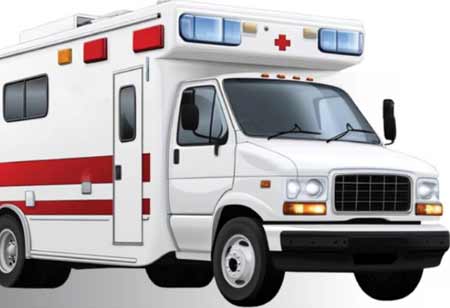Thank you for Subscribing to Healthcare Business Review Weekly Brief
Transformative Changes in Medical Transportation: Technology and Patient Experience

Be first to read the latest tech news, Industry Leader's Insights, and CIO interviews of medium and large enterprises exclusively from Healthcare Business Review
Thank you for Subscribing to Healthcare Business Review Weekly Brief

By
Healthcare Business Review | Tuesday, October 01, 2024
Stay ahead of the industry with exclusive feature stories on the top companies, expert insights and the latest news delivered straight to your inbox. Subscribe today.
The future of medical transportation looks bright with these technological advances, patient-centered care, and constantly changing regulatory frameworks that ensure accessibility and efficiency in health care.
Fremont, CA: With ever-evolving needs in healthcare, so does the call for efficient and effective medical transportation. Be it non-emergency transport, emergency services, or logistics associated with the distribution of medical supplies, it has always been a sector very vital for ensuring patients receive timely medical attention. The future of medical transportation is headed toward transformative change driven by technology, shifts in regulation, and the pervasive shift toward patient-centered care.
Telemedicine is transforming healthcare delivery, enabling patients to consult doctors remotely. This shift necessitates improved transport logistics to facilitate easy access to facilities for non-virtual procedures. The growth of this technology will require smooth transportation arrangements for physical visits to facilities, minimizing barriers and ensuring a seamless patient experience.
There are enhanced functionalities in mobile apps that have made medical transportation friendlier. Patients today can book transportation services using their mobile phones. They can monitor transport services in real-time and even communicate directly with the driver. Some of these technological advancements come very close to delivering excellence in enhancing the patient experience by bringing about transparency and anxiety reduction in logistics chains related to transportation. Moreover, such apps can be integrated with EHRs for easy scheduling while ensuring that medical information has been transmitted to the transport staff.
The future of medical transport will be in electric and autonomous vehicles. Due to reduced emissions, electric cars will offer cheaper fuel and lower maintenance costs.



